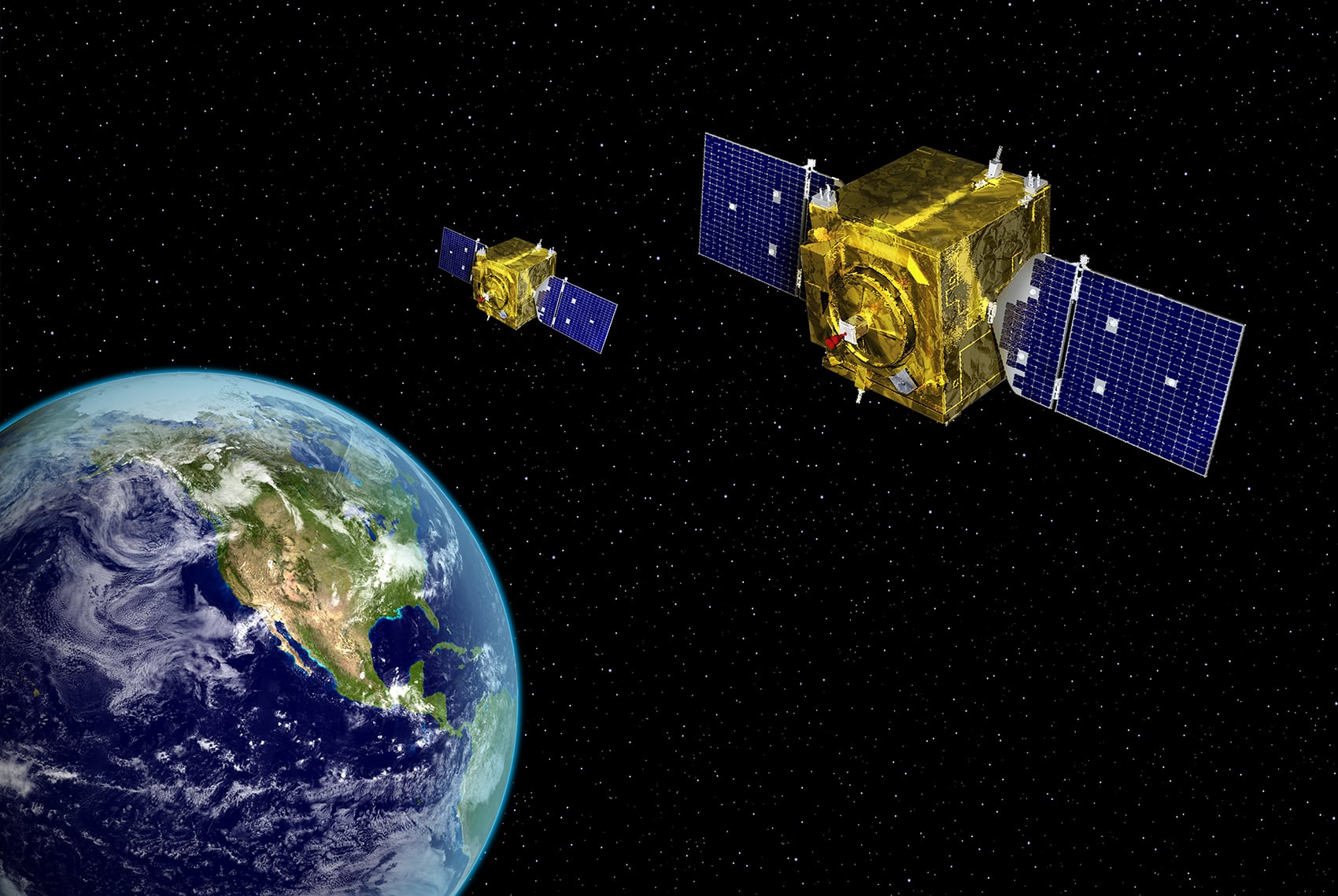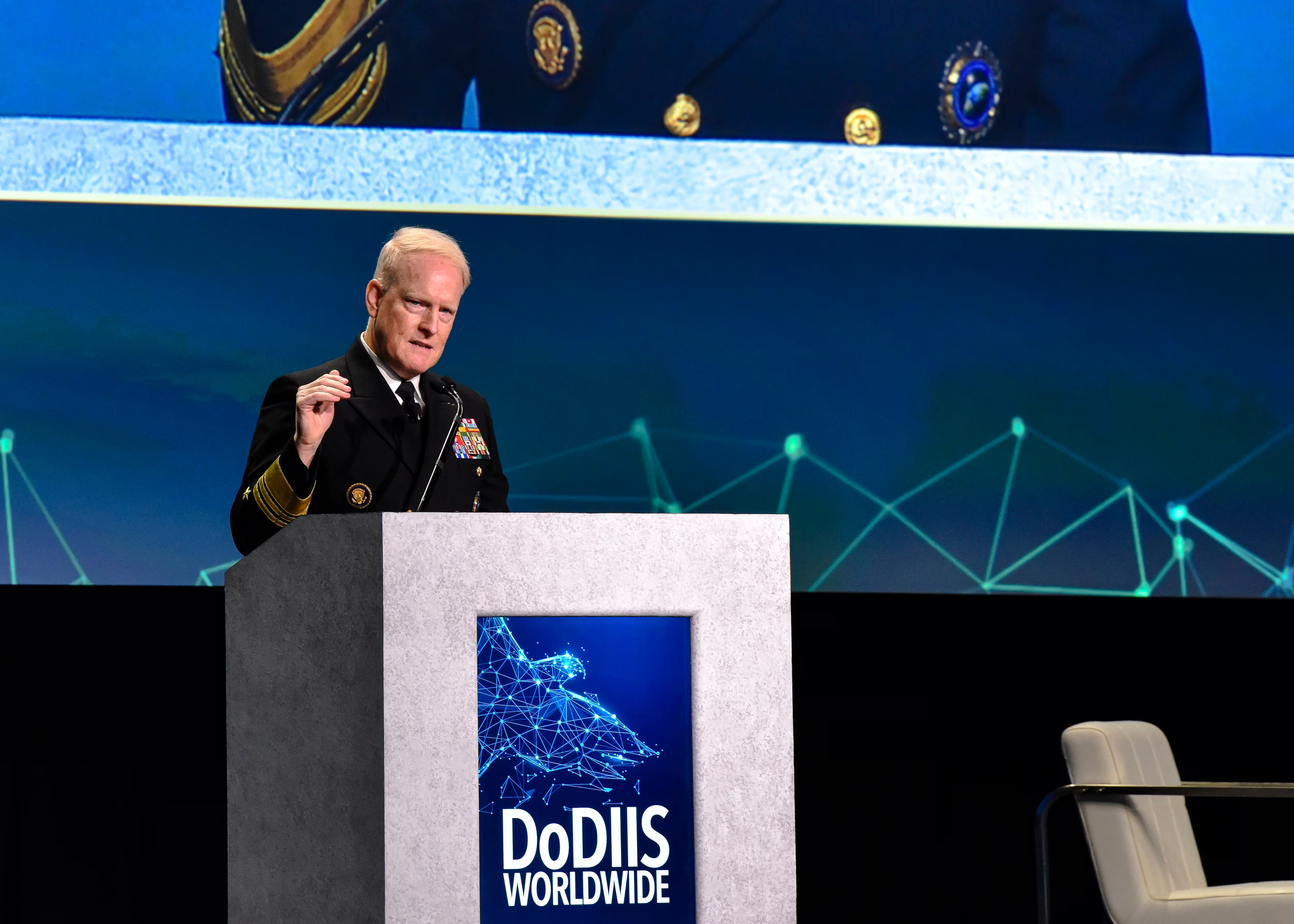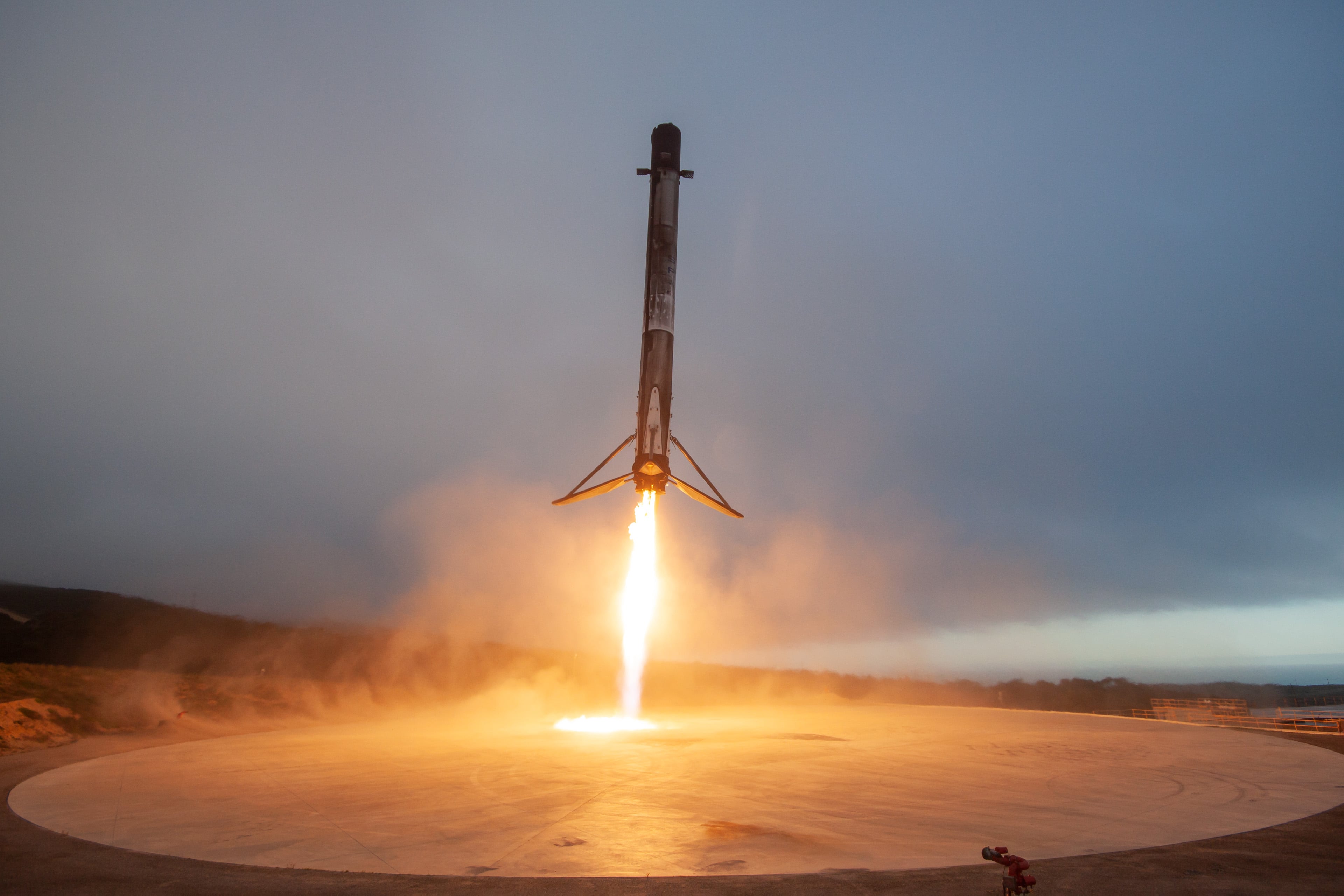COLOGNE, Germany – A shortage of secure video-conferencing capabilities for the European Union has Germany’s defense minister wondering if NATO might share its sophisticated communications apparatus in times of Covid-19.
Both organizations have sizable footprints in Brussels, but apparently only the alliance is equipped to facilitate sensitive discussions online from its headquarters building in the northeastern part of town.
“I have anyway wondered why EU institutions aren’t just going there,” Kramp-Karrenbauer said during a Dec. 11 online discussion focused on reviewing Germany’s six-month term holding the presidency of the Council of the European Union. The alliance building, she added, “is big enough,” and secure meetings connecting leaders from both sides of the Atlantic are commonplace there.
“If we – as it seems for the foreseeable future – must continue to meet virtually, then we have two options,” Kramp-Karrenbauer said. Either the European Union bureaucracy creates its own secure communications infrastructure in line with NATO standards, or, in the spirit of neighborly relations in Brussels, bloc officials are allowed access to secure alliance lines, she added.
The recent surprise appearance of a Dutch journalist at a supposedly confidential online gathering of EU defense ministers drove home the need to keep sensitive defense information under wraps, according to Kramp-Karrenbauer. On the agenda at the November meeting was one of the most sensitive issues on the bloc’s agenda at the moment: the development of a common threat assessment supported by all member states.
It’s all but certain that the Russian and Chinese governments are interested in listening in when it comes to such matters.
But loaning NATO communications capabilities for EU business may not be that much of a low-hanging fruit for improved cooperation between the two organizations. If “whatever sensitivities” get in the way, Kramp-Karrenbauer said, then the bloc would have to get its act together and build similar capabilities from scratch.
According to a NATO official, making alliance systems available to all EU members “would have to be assessed carefully” given that only only 21 out of NATO’s 30 members are also members of the European Union.
“NATO operates secure IT networks which allow our 30 allies to exchange classified information,” the official told Defense News, adding that senior EU officials in the fields of defense and security have previously joined classified NATO meetings via secure video connection.
Sebastian Sprenger is associate editor for Europe at Defense News, reporting on the state of the defense market in the region, and on U.S.-Europe cooperation and multi-national investments in defense and global security. Previously he served as managing editor for Defense News. He is based in Cologne, Germany.








